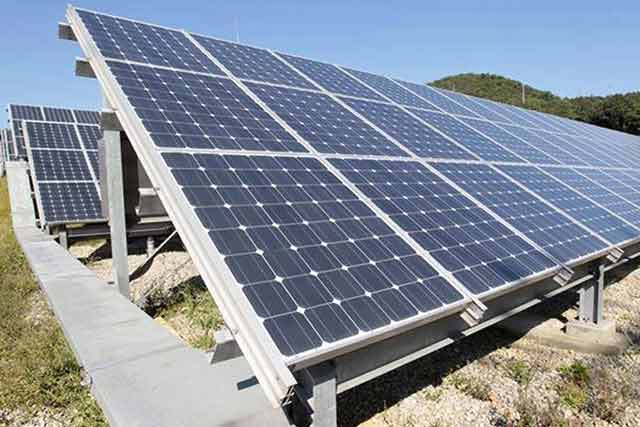With tariffs having come down sharply to levels of around Rs 2-2.25 per unit, and in some instances, below Rs 2 per unit, a clutch of states has either refused to buy solar power or has reneged on the power purchase agreements (PPA). First, it was the Andhra Pradesh government that demanded tariffs in the PPAs for 5.2GW of wind- and solar-power capacity be revised downwards. Subsequently, the Uttar Pradesh government stopped procuring electricity from 650 MW of wind power plants, claiming the Rs 3.46-per-unit PPA-tariff had not been approved by CERC. Last August, Gujarat had auctioned 700MW of solar capacity to be built in Dholera for which a tariff of Rs 2.78 per unit had been discovered.
But with tariffs crashing below the Rs 2 per unit mark, the state decided it would hold the auction again. Although power producers have taken the matter to court, states remain undeterred. CRISIL estimates that power-supply agreements for about 7GW of capacity, bid out at auctions prior to February 2020, are yet to be closed out since tariffs have dropped thereafter. Of this, about 3GW is vulnerable to reauctioning or even cancellation since the tariffs discovered were relatively high.
fresh capacity coming up with tariffs of below Rs 3 per unit. Moreover, many more projects are being auctioned by central counter-parties like SECI and NTPC which are financially sound and, therefore, likely to make payments on time. The share of these entities is tipped to go up from 20% in March 2020 to about 30% in March 2022.
It is important that discoms close out PPAs because, thanks to the pandemic, construction of both solar and wind power capacities has been delayed. The target of 160GW by FY23 is now likely to fall short about 40%. That’s a big setback, but what is more worrying is that ongoing projects could get hit due the poor financial health of discoms; at the end of March, 2021 they owed generators some Rs 68,000 crore. While the Centre threw them a life-line in Budget FY22, most discoms remain disproportionately leveraged. A combination of delayed payments—data from Praapti shows they are stretching repayment periods—and non-closure of PPAs post auctions could turn projects unviable. This is a sector that has attracted large sums of capital, and will continue to do so given it is critical for the environment. But this capital should be respected.




































